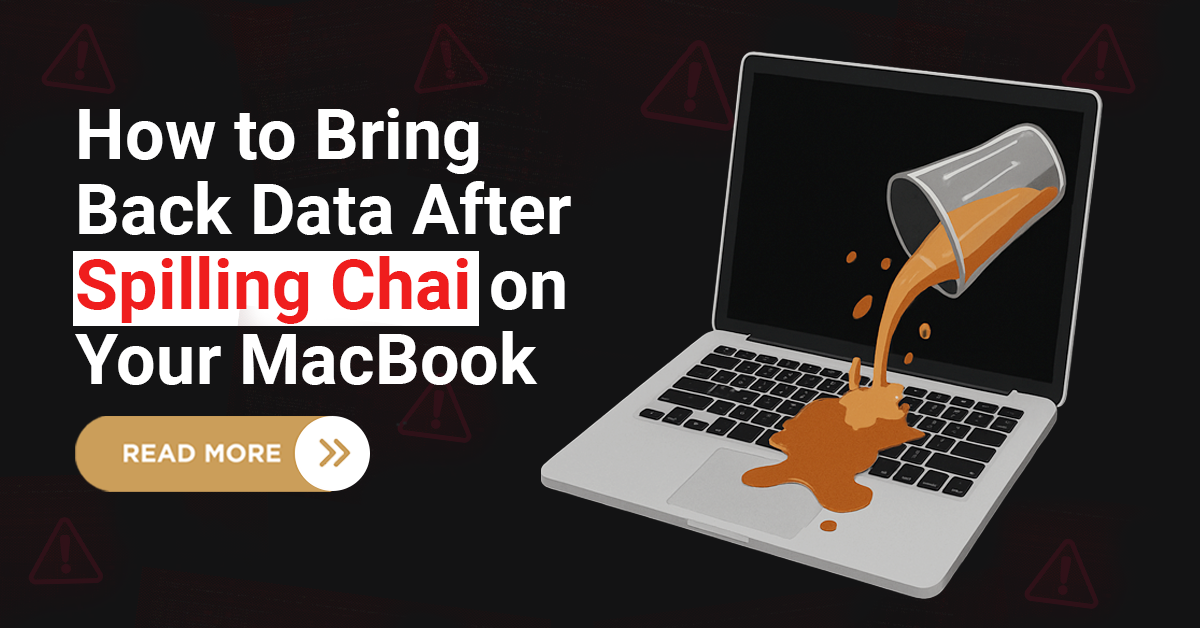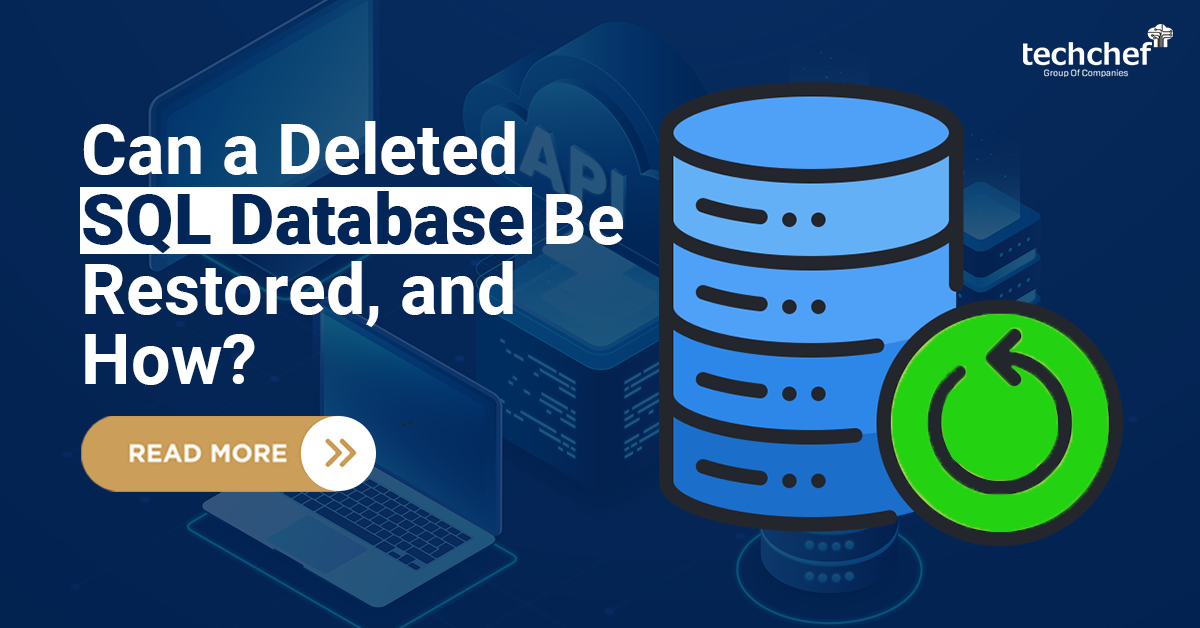From system crashes to SSD failures, there can be multiple reasons for data loss on our MacBooks. It can be very frustrating when losing data on a MacBook, but knowing why it happens helps prevent it. In this post, we’re going to discuss common causes of data loss on MacBooks and share suggestions on how to protect important data.

MacBook Data Loss
Common Reasons for Data Loss on the MacBook
Data loss can happen suddenly without any warning signs, but there is always a reason for it. Some common reasons for data loss on our MacBook SSD are:
1. Accidental Permanent Deletion
On MacBooks, unintentionally pick and remove important files or folders permanently, which could result in irreparable loss. It is important to use caution while organizing files and to frequently check the trash for things that have been accidentally removed.
2. Hardware Failure
Problems with the SSD, internal hard drive, or other parts may be included in this. Electronic problems or mechanical breakdowns may prevent us from accessing data that has been stored. Reducing data loss chances from hardware failures can be done by regularly backing up data on external devices or cloud services.
3. Software Issues and Corruption
Software-related issues like damaged files, operating system errors, or file corruption can cause data loss. The file integrity of the operating system can be compromised by malware, viruses, or incompatible program installations, making data corrupted or inaccessible. Such problems can be avoided by using trustworthy antivirus software and updating the operating system, and other applications.
4. Partition or Formatting Errors
Data loss can happen from improperly formatting or partitioning a drive, or from improper backup procedures. Unintentionally formatting disks or erasing entire partitions could result in the loss of important data. Such accidental mistakes can be avoided with regular backups and close attention to disk management tasks.
5. Power Outages and Surges
Unexpected power outages or electrical surges have been known to cause data loss and issues with the MacBook’s regular operation. Sudden stops during important tasks could destroy data or harm the hard disk. One way to prevent power-related data loss problems is to use uninterruptible power supplies (UPS) and surge protectors.
Tips to Prevent Data Loss
After burning out over several periods, our SSD will fail one day. Behind this, multiple reasons can make this process fast. We cannot prevent SSD failure but we can reduce the chances of data loss from SSD failure by using tips written below
Keep a backup of all important data.
Use an external hard drive to store large files.
Use cloud storage for data storage.
Keep proper maintenance of your MacBook.
Don’t use ‘Beta Software’ in your MacBook operating system.
Don’t let your MacBook be heated so much.
Keep all software updated.
Use registered anti-virus software.
Final Words
Data loss on a MacBook can result from a variety of factors, ranging from accidental deletions to hardware malfunctions. Understanding these causes is the first step in preventing data loss. Regular backups, cautious file management, and proactive security measures can significantly minimize the risks related to data loss on MacBooks.
Data loss can happen for multiple reasons on a MacBook. If you are facing an insoluble situation of data loss on your MacBook, worry not; there is an option for data recovery, which is Techchef Data Recovery.
With over 20 years of experience in the data recovery field, Techchef has successfully and securely recovered data from all types of data loss, from data corruption to accidental deletion. We recovered data from the MacBook.
If you are experiencing problems with your MacBook, contact us now at 1800-313-1737 and talk to our experts about recovery. You can also contact the Headquarters in Delhi.










